We are very excited to have Lee join the team as a Relationship Counsellor and Psychotherapist at Kundalini House. Healthy relationships are such a big part of our overall health and I believe all of us need the guidance of a thoughtful hand when negotiating difficult times within our intimate relationships. We are very happy to be able to introduce you to our community at Kundalini House.
- Can you tell us what led you into this specialised area of Psychotherapy?
I was drawn to working with relationships after becoming a parent and finally forming a long term relationship later in my life. I realised that this loving relationship provided me with deepening emotional stability, which allowed me to turn inwards to the younger, more vulnerable parts of me that needed healing. Evidence has shown that by being in a stable, committed relationship couples can co-regulate one another, providing safety and ease.
I love relationships work. It’s so rewarding to see connection with couples, its where magic happens. Love increases serotonin, well-being, longevity; it’s our life source. Secure relationships protect us from the impact of mental illness, chronic health issues, poor life functioning.
On the other hand unhealthy relationships can be anxiety provoking and lead to anger, despair and addictions, they cause us deep distress.
Longing for love is hardwired in humans. We’re not designed to go it alone. Whatever we say, deep down we all long for emotionally secure connections.
- When we are having difficulties within our relationships, it can often be hard to ask for help from an outside person, for many reasons but often for fear that the therapist will take the other persons side. Can you talk us through this and how couples therapy works to avoid this?
Many people come to couples therapy with a list of complaints, or things they want their partner to change. They want the therapist to validate their concerns and change their partner as though their partner was a computer that needed an upgrade. This is not what couples therapy is. It’s important that both individuals acknowledge that they contribute to the negative cycles in their relationship and agree to be open to becoming aware of this and changing aspects of their own behaviour. Similarly, it’s important to own their part in the problem, if they want to bring about lasting and positive change.
As a therapist I stay impartial and non judgmental and work to maintain a sense of balance between the couple. For couples therapy to succeed we need to create a safe place to be seen and heard and speak our truth. It’s a collaborative process. I really get how hard it is to open up and be vulnerable with your partner looking on. My job is to help a couple to make it easier to express their empathy and compassion towards each other in these vulnerable moments.
- Lee, I have spoken to you before about your work with parents and carers. We all want better relationships with our children and you are very passionate about this work, can you tell us a little bit about how you work with this type of relationship counselling?
I grew up as the black sheep in a very close knit family. Even in loving families we can feel as though we are not understood, which can produce a lot of anxiety. This was certainly my experience. It’s not surprising then that I was drawn towards this work of healing the fractured self and fractured families.
I have spent many years working at the pointy end with parents and carers in both therapeutic and social work roles. I saw the destruction that dysfunctional families can produce in individuals and how there is little we can do to help when it gets to this desperate level. On the other hand, if we are fortunate enough and able to connect with our kids by teaching and modelling to them skills such as healthy relating, and emotional intelligence, the world will open up for them. Emotional intelligence is the ability to understand and regulate your emotions, along with the ability to effectively communicate to others how you feel. This sounds logical and simple, yet it is difficult to apply, if you’re caught up in your own personal maelstrom.
Teaching your child to be ‘the boss of their brain’, to cultivate courage, and mindfully embrace emotions will result in positive behaviour, yours and theirs! Teaching others these skills, to my mind, is a perfect opportunity to work with preventative mental health and well being.
- We have all been told before that relationships take effort, can you tell us your top 3 tips for helping to maintain healthy relationships?
Healthy relationships are more likely when the couple are willing to learn some basic skills, such as noticing the difference between feelings and thoughts and becoming more self aware.
A second important tip is to see your partner as your team member, an ally, one who wants to increase cooperation, and is open to expressing their own emotional vulnerability.
For all of us, tuning in is courageous, and it is much more possible when we are listened to and supported by our partner.
Third tip, when couples are able to understand and feel empathy and compassion for each other over past emotional traumas, they are going to experience a substantial shift in their relationship. We never outgrow our need for safe connections
Lee will be working at Kundalini House from June 20th on Thursdays, all day!
CALL NOW on 0491 638 124!
Lee Beaton
Psychotherapy & Relationship Counselling
www.leebeaton.com
0491 638 124
Adv Dip Gestalt Therapy [PACFA]; Specialist Couples Counselling; TRTP
“The secret of change is to focus your energy on building the new, not fighting the old.” Socrates


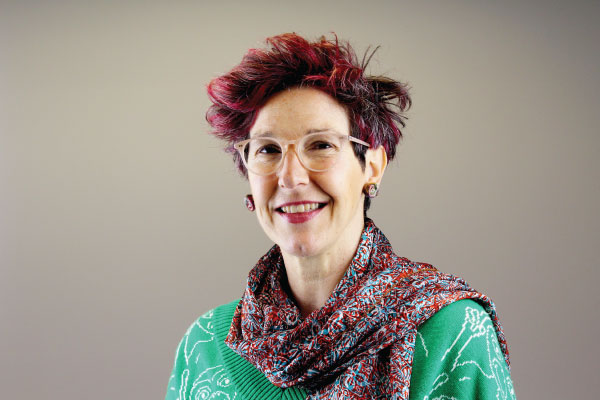
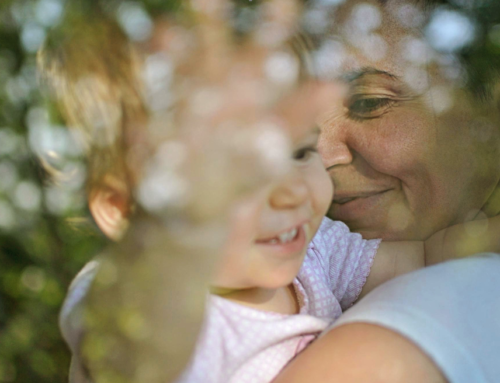
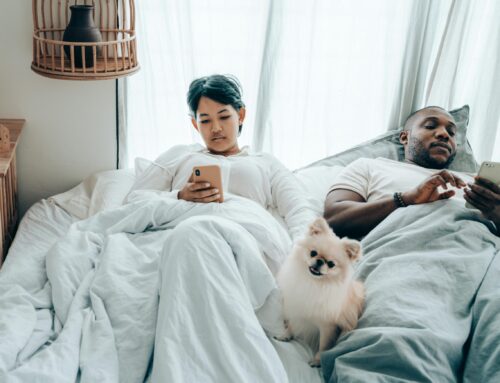
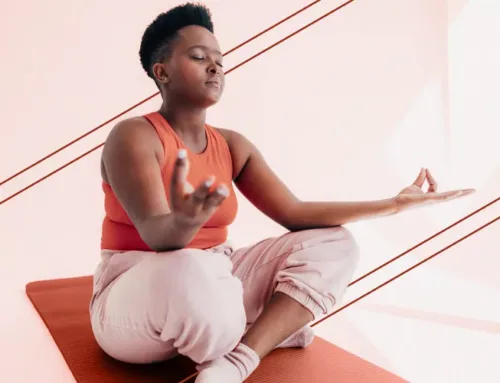
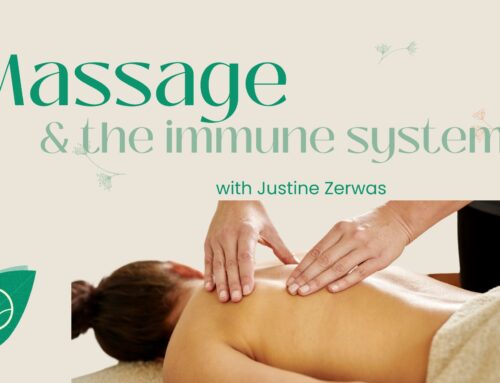
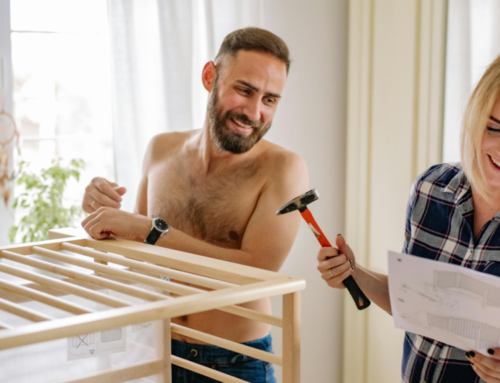
Leave A Comment